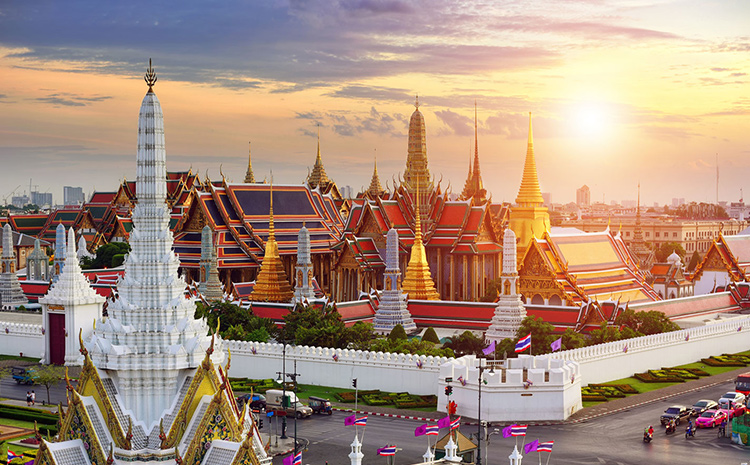
TOURISM
Thai Tourism Minister outlines measures to balance, manage and distribute visitor numbers
The Ministry of Tourism and Sports has initiated a number of measures to better balance, manage, and distribute visitor numbers and preserve the quality of tourism destinations.
Embarking upon a quality over quantity approach to future development, the Ministry of Tourism and Sports has initiated a number of measures to better balance, manage, and distribute visitor numbers and preserve the quality of tourism destinations.
Minister of Tourism and Sports H.E. Weerasak Kowsurat said, “For many years, we have focussed on the quantity of tourists. It is now time to shift to quality. This does not mean seeing tourism as a “golden goose” for the economy but rather as a means of reducing social disparities and upgrading the quality of life for the Thai people.”
The Minister noted that it was important to understand what motivates visitors to choose Thailand. Although nearly all markets are growing, but customer requirements are changing, depending on demographics, time availability and budgets.
“However, what they all want is a good experience, meeting Thai people, visiting local communities and eating Thai food,” he said.
The Minister noted that the top priority is safety and security.
The second priority is environmental protection, Minister Weerasak said.
This is the first year that the Thai government and Thai tourism private sector are working together in three areas:
Ban all smoking on public beaches.
No more plastic bags or foam containers to be allowed in national parks, both on land and sea.
Tourists are encouraged to use “Pintos” (food containers) while travelling in national parks.
The third priority is facilitation and connectivity, especially to the secondary cities.
To attract Chinese visitors back to Thailand, the visa fees have been waived for the period of 15 November, 2018, to 15 January, 2019.
Some laws also need to be amended, he said. For example, a travel insurance fee could be included in the visa fee. If an accident occurs, insurance should cover the medical expenses. At present, this is covered by Thai taxpayers, which should not be the case.
Various categories of insurance premiums can be created to cover everything from regular driving to risky activities; such as, diving, climbing and rafting.



